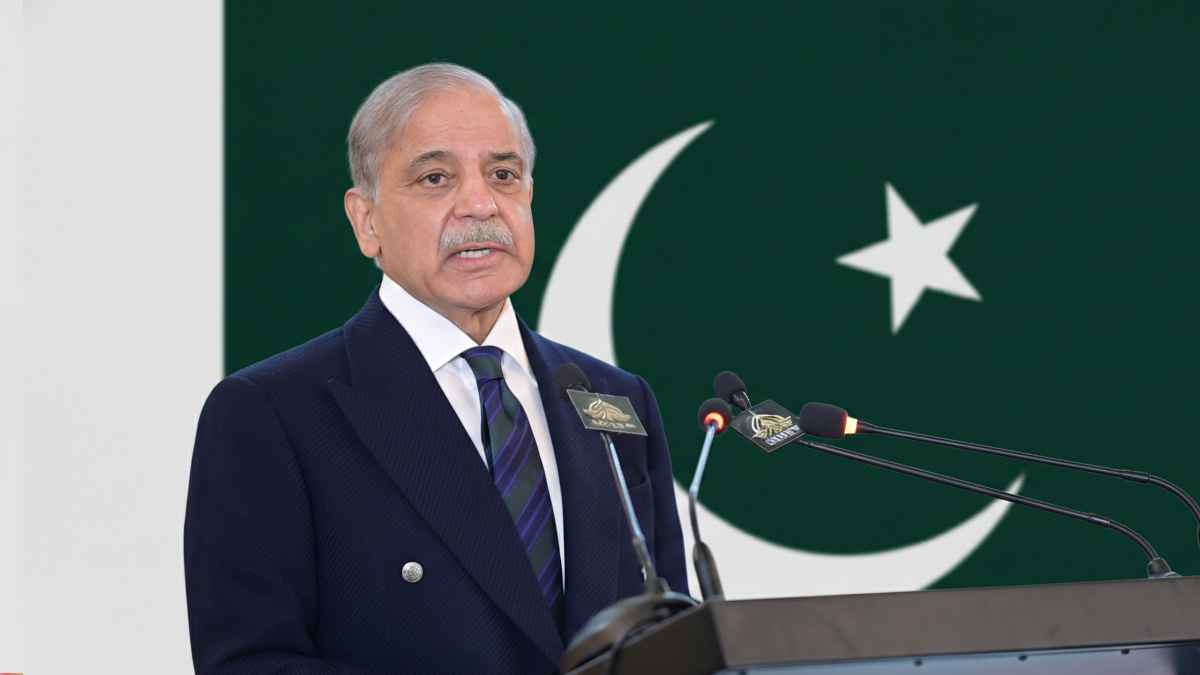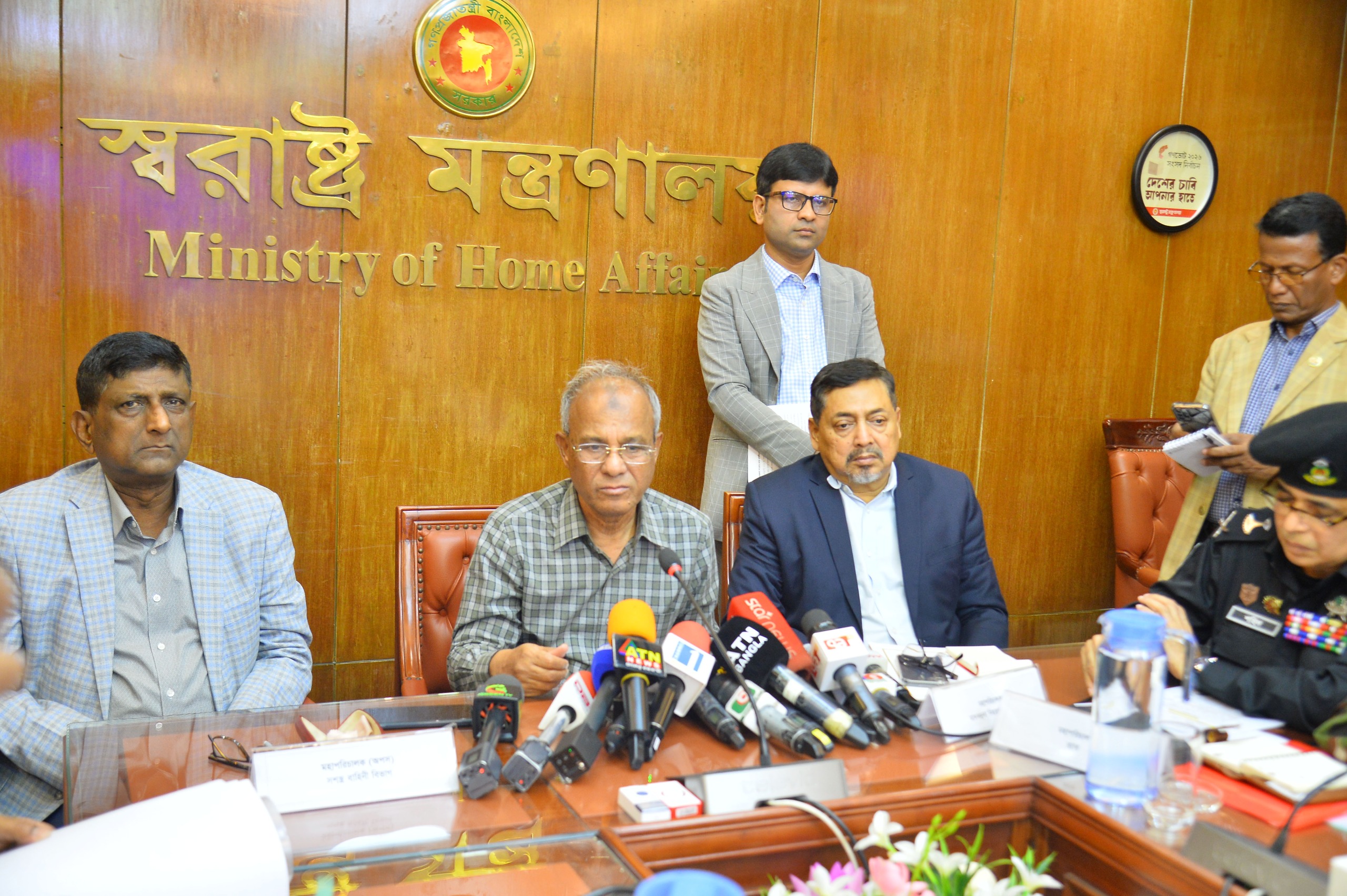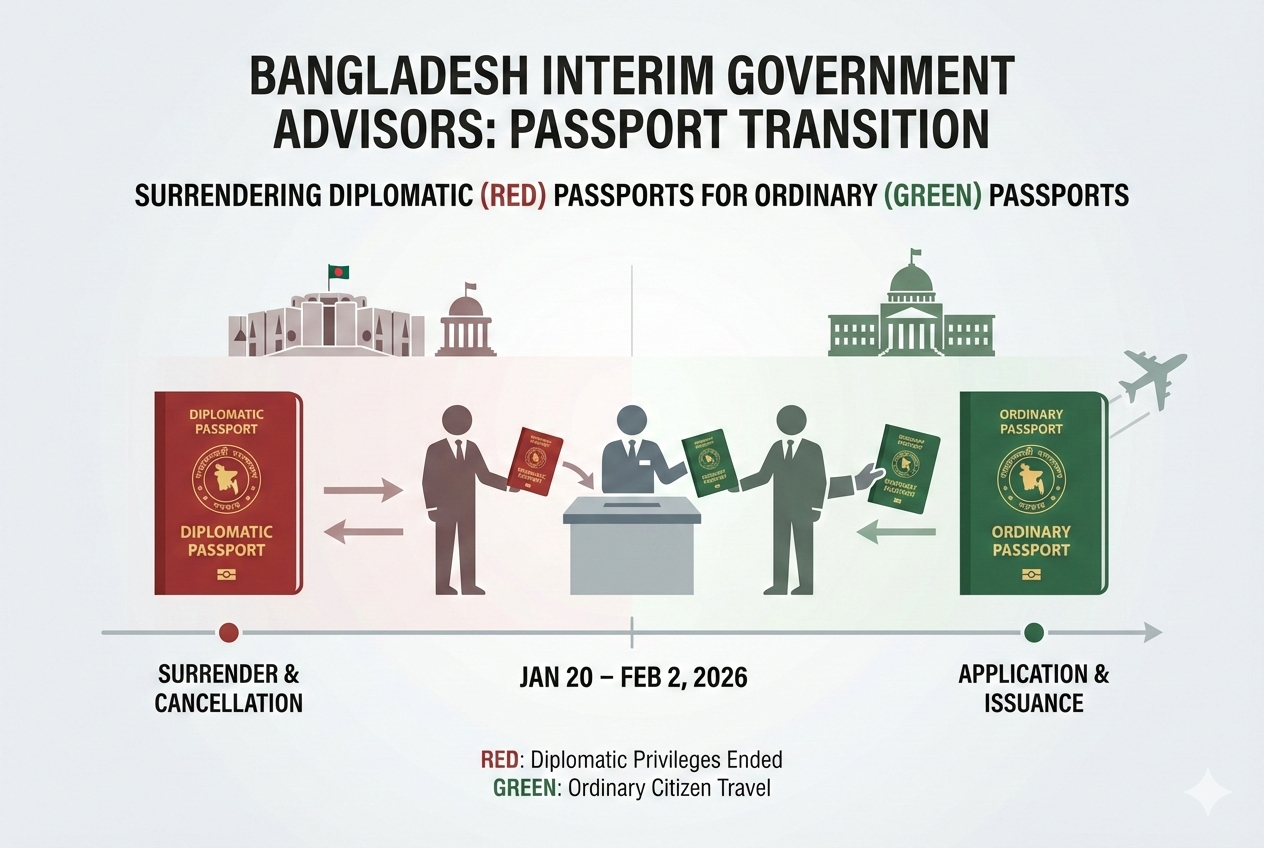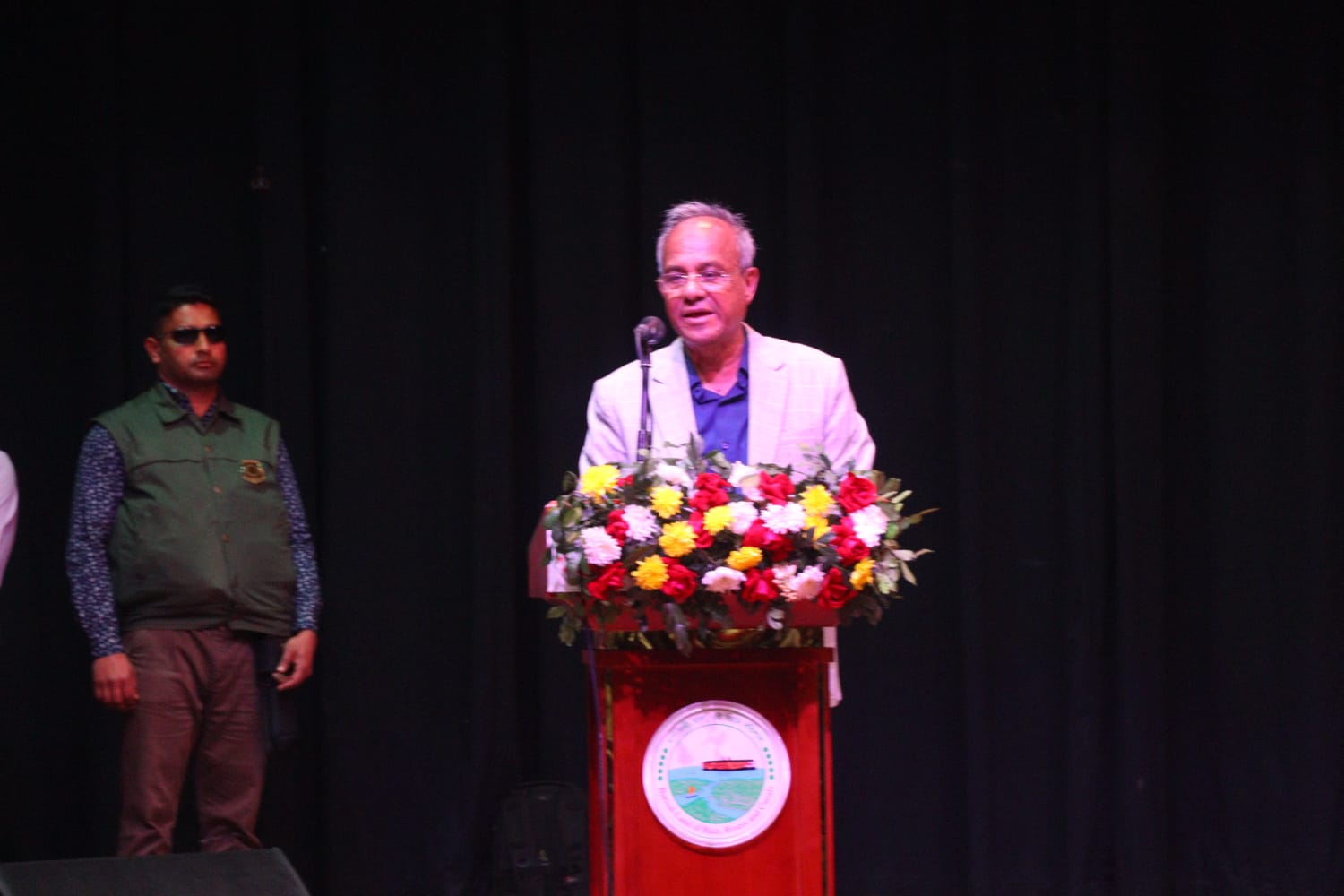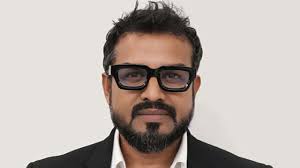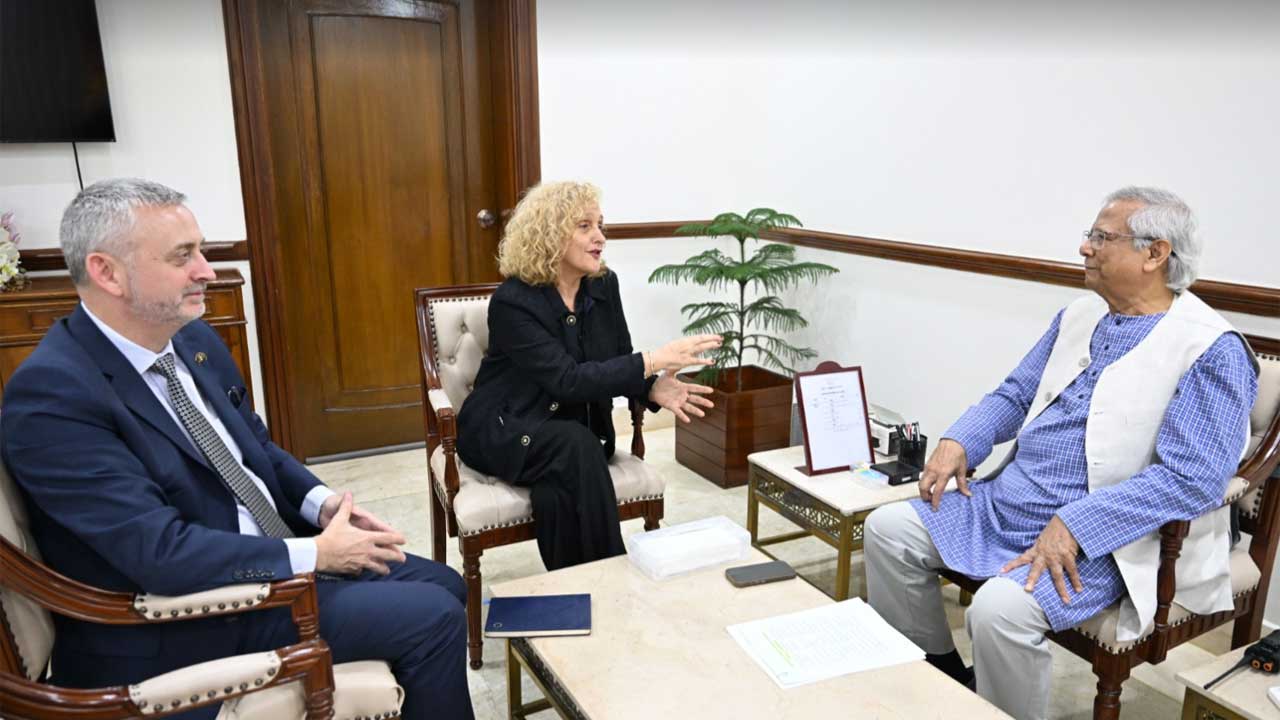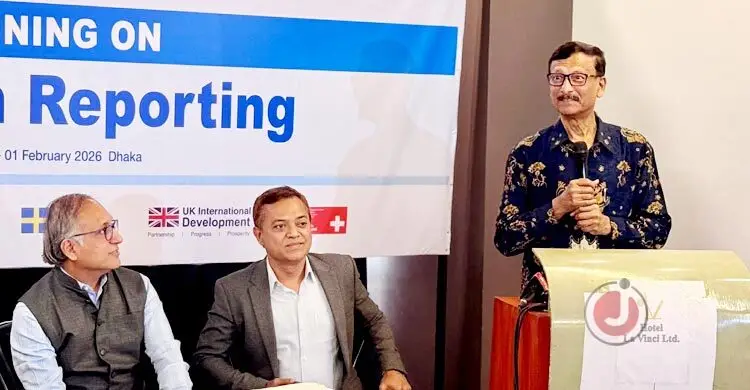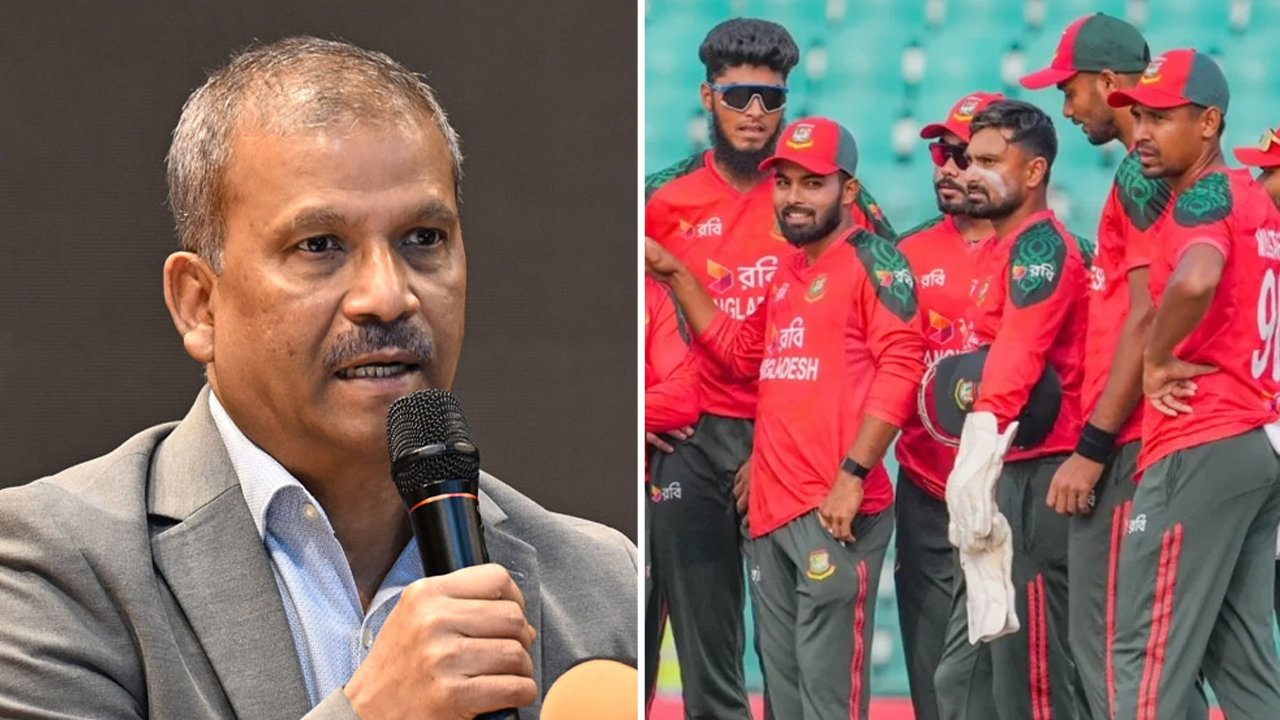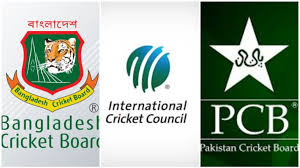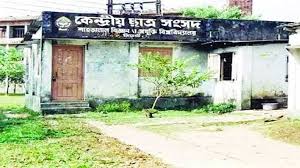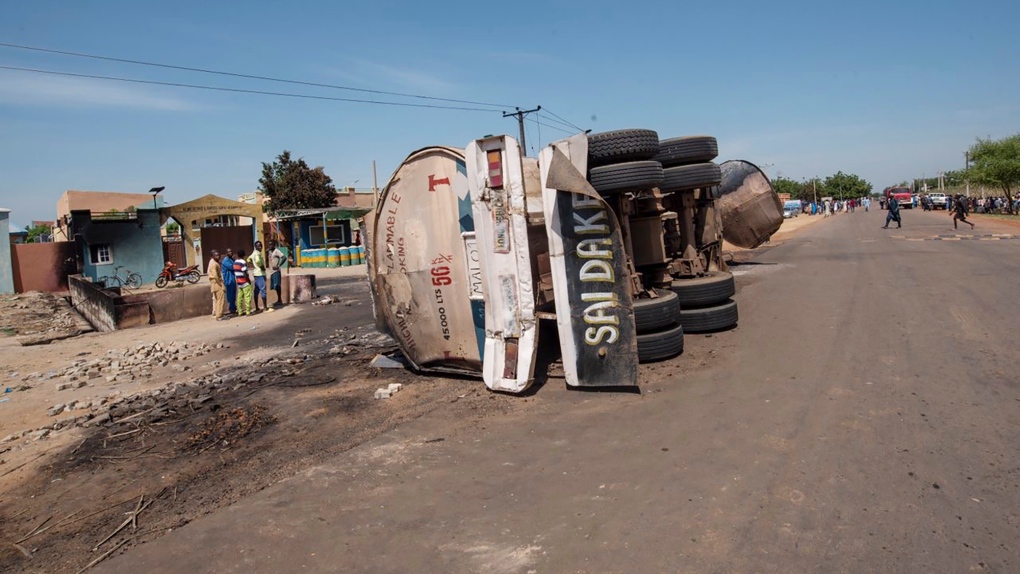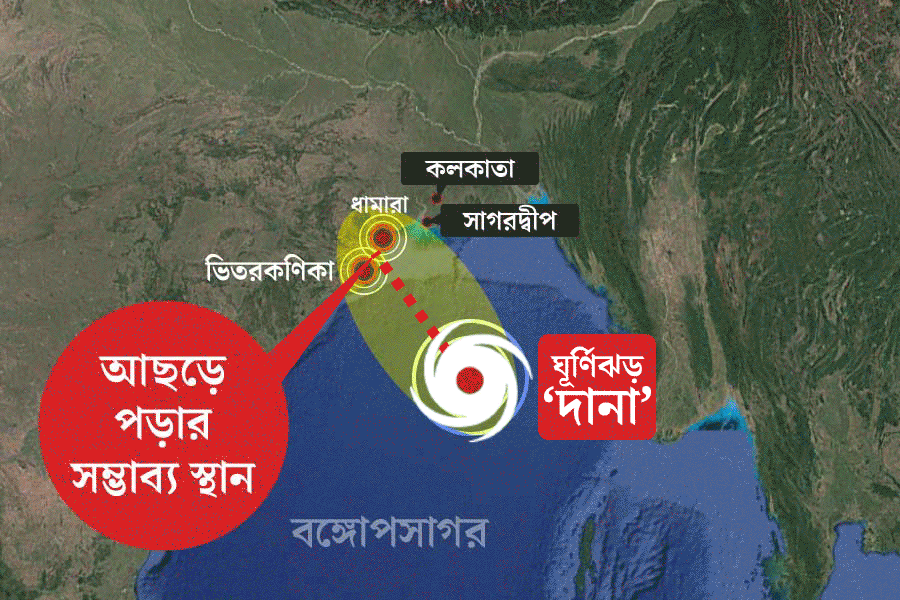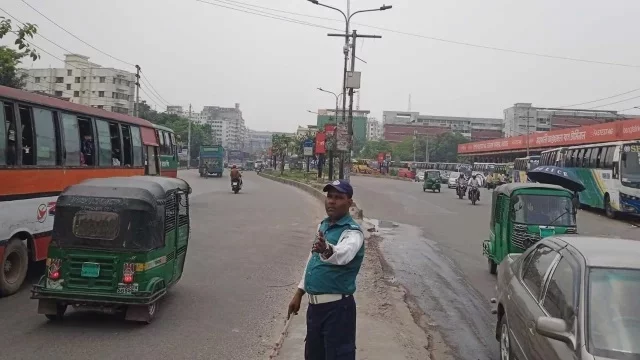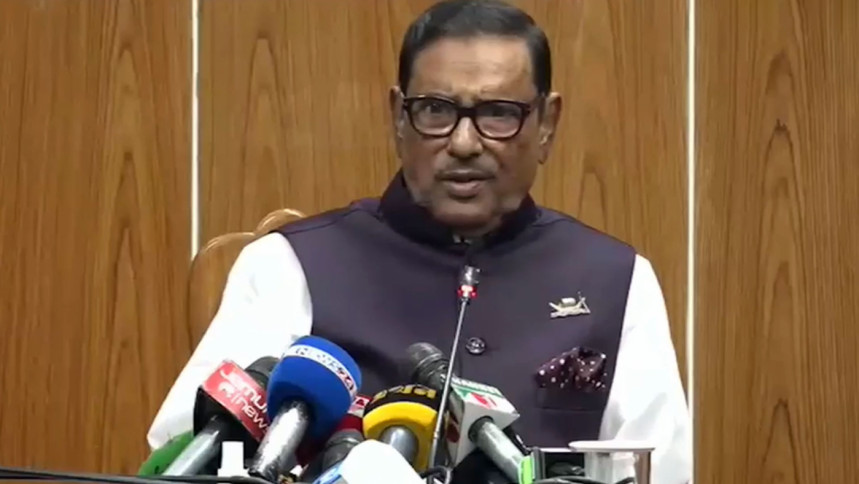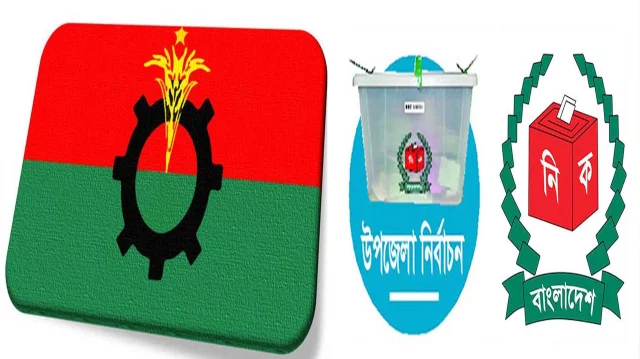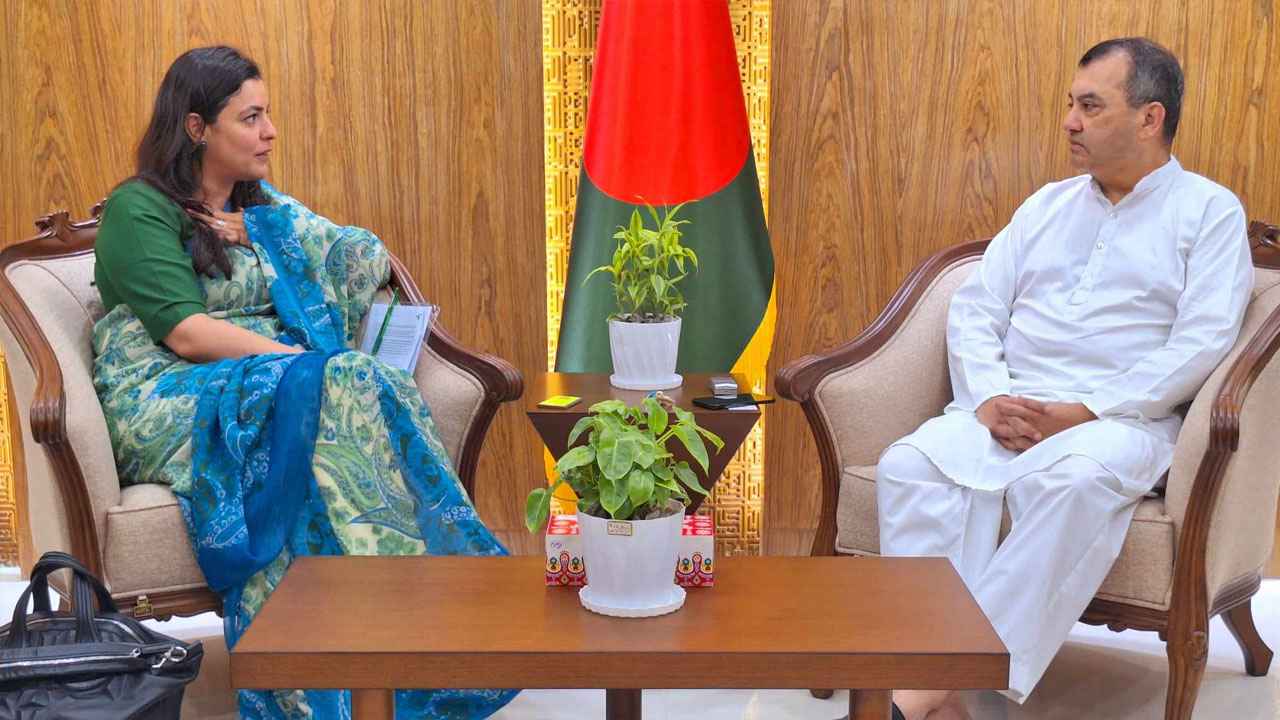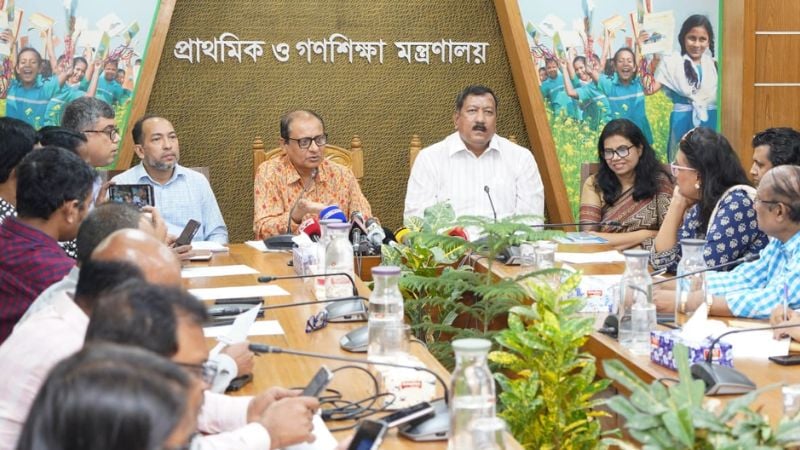
The government wants to reduce the number of annual holidays in all primary schools, both government and private. This plan has been announced by Bidhan Ranjan Roy Poddar, advisor to the Ministry of Primary and Mass Education.
Bidhan Ranjan announced the plan at a press conference on Sunday morning to mark International Literacy Day 2025. The press conference was held at the meeting room of the Ministry of Primary and Mass Education at the Secretariat.
Bidhan Ranjan Roy said, "We need to see how much time is being spent with teachers and students. Currently, schools are open for only 180 days. Initiatives will be taken to reduce unnecessary holidays. For this, the Ministry of Primary and Mass Education will work with the Ministry of Education. At the same time, initiatives are being taken to prevent teachers from being involved in extracurricular activities."
Regarding the filling of vacant posts of head teachers, the advisor said, currently there are no head teachers in about 32,000 institutions. Promotions have been stuck for a long time due to lawsuits. The ministry is taking quick steps to solve this problem. To fill the vacant posts of head teachers, 80 percent of the posts will be filled through promotion and 20 percent through direct recruitment. In addition, initiatives have been taken to make the transfer of teachers 100% online.
According to the latest data from the Bangladesh Bureau of Statistics (BBS), the literacy rate among the population aged seven years and above in the country is currently 77.9 percent. That is, about 22.1 percent of the population is still illiterate. These are mainly out-of-school or dropout children and adult men and women.
At the press conference, Secretary of the Ministry of Primary and Mass Education Abu Taher Md. Masud Rana said in a written statement that there is no alternative to literacy in achieving the Sustainable Development Goals declared by the United Nations.
Abu Taher said, "Literacy is not just about acquiring literacy. Being able to read and write in the mother tongue, understanding, calculating, communicating verbally and in writing, and acquiring digital skills are also included in literacy. Basic education, skill-based literacy, lifelong learning, and market-demand-based training are essential for human resource development."
It was informed at the press conference that according to the Non-Formal Education Act-2014, the activities of providing non-formal primary education to out-of-school children aged 10-14 and providing literacy, livelihood skills and lifelong education to illiterate men and women aged 15 and above are continuing.
As of December 31, 2024, 825,036 students were enrolled in 25,815 learning centers in 63 districts under the non-formal education program for out-of-school children. Of these, 246,496 have been included in the mainstream.
In addition, 4.46 million adults in 248 upazilas of 64 districts have achieved literacy through the Basic Literacy Project.
In the pilot project in Cox's Bazar, which ended in June 2025, 6,825 adolescents were provided with literacy and technical training in 13 professions. Initiatives will soon be taken to expand this program to 16 more districts.
